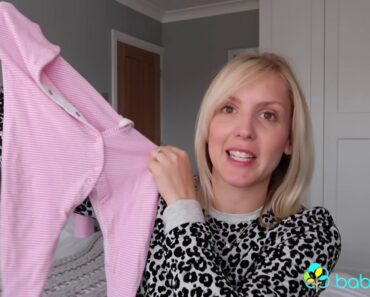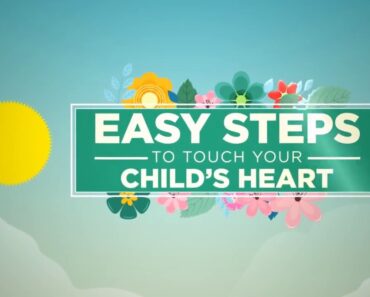If you’re about to give up breastfeeding because of low milk supply, but wish you didn’t have to, read on.
If you’re thinking about quitting breastfeeding/chestfeeding because you aren’t making enough milk for your baby, you aren’t alone. Low milk supply is one of the most common reasons new parents stop nursing and transition to bottle feeding.
There’s nothing wrong with formula feeding. But in my experience as a nurse and a lactation consultant, I’ve seen new parents perceive their milk supply as insufficient when it actually wasn’t. I’ve also seen many cases where a mom’s supply was indeed low, but could be increased relatively easily. If you’re about to give up breastfeeding because of low supply, but wish you didn’t have to, read on.
Possible causes of low milk supply
As a lactation consultant, how do I determine a client’s milk supply levels? I start by taking a detailed health history, asking questions to determine if there are existing health factors that could be impacting supply. For example, labour induction, epidurals, gestational diabetes, high blood pressure, breast hypoplasia, breast surgeries, low iron, thyroid disorders, PCOS or obesity could all potentially have an impact.
It’s also important to determine how the baby is behaving during and after breastfeeding. Is the baby satisfied with relaxed arms and hands at the end of the feed? Are they having the appropriate number of wet and dirty diapers, is the baby sleeping well in between feeds, is jaundice decreasing, is the baby gaining weight appropriately?
Next, I perform a test weight, weighing the baby before and after breastfeeding to determine how much milk they drank when feeding. I never rely on the numbers alone, though. I also pay close attention to how the baby is positioned, latching, swallowing and the overall quality of the feed. After observing the entire breastfeeding session, it is time to create a feeding plan that supports the family’s feeding goals while helping to manage any milk supply concerns.
The “fourth trimester” can be stressful, so I never neglect possible internal barriers to successful breastfeeding, such as mental health, lack of education or lack of informed feeding choices. Things like stress, postpartum depression or anxiety can affect the release of the hormone oxytocin, which allows for milk let-down. When a mother feels relaxed, her oxytocin and prolactin will remain at therapeutic levels, enabling her milk to flow and be remade. External factors that can impact supply include scheduling feeds, separation at birth, maternal stress, waiting for your baby to cry before feeding and bottle-feeding unnecessary supplements.
When low milk supply actually isn’t
There are all sorts of things that can seem like symptoms of low milk supply, but often aren’t. For example, most newborns feed 10-12 times per day, plus periods of cluster feeding. This is the normal way for the baby to support the build-up and regulation of the milk supply, but some new parents assume their baby is eating so often because they aren’t getting enough at each feed.
A breast pump is a poor indicator of milk production. Babies are more efficient than the pump and will do a much better job of pulling out milk. It should not be your go-to guide for whether or not you are producing a sufficient milk supply. Other things that can seem like signs you don’t have enough milk, but usually aren’t: Your breasts don’t feel “full,” they don’t leak (or have stopped leaking), or you don’t feel the let-down (or never did). Remember, softer breasts mean they contain creamier/fattier milk.
You aren’t alone
The most important thing to remember while on your breastfeeding journey is that you aren’t alone. Online and in real life, there are resources and support available, no matter your stage of parenthood. Motherhood already comes with its challenges but if we work to remove the shame and guilt of milk supply struggles and encourage access to external resources, a mother and her baby have one less barrier to face.
Leanne Rzepa, RN BN IBCLC, is the founder of Nourish Lactation Consulting, a Calgary-based breastfeeding support and education company that supports new mothers and families with a range of tools and services to help families establish skills, resolve feeding challenges and achieve breastfeeding goals.

































